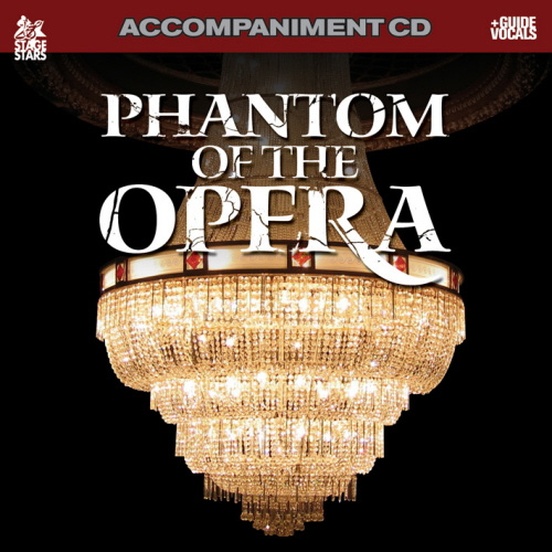

Oh, and back to back, the four operas of the Ring cycle generally take about fifteen hours to perform in total. The psychological function of the participants in the PCO group showed an elevated positive affect and a reduced negative affect. The story is dense and mythical, and it was custom-designed for Wagners own opera house, where the staging was more epic than a West End show. (Results) ACO caused a positive change in cognitive function as compared to PCO and to no intervention, which implies that active learning and practise of opera songs benefits global cognitive function. This is just my selection of the top ten 'must-know' opera songs for newcomers to the genre (or lovers of opera who want to listen to a couple of classics).I. Thirty-one participants were used as a control group and received no similar training. They received passive intervention by listening to and appreciating the opera songs as a social event. Gorecki used the words etched into the walls of a Gestapo prison by an 18 year old girl during the Second World War as his inspiration, and the results are as chilling as they are moving. If any piece deserves the label 'modern classic', it's this. Thirty-four participants were assigned to passive participation in Cantonese opera (PCO). Henryk Gorecki: Symphony of Sorrowful Songs. Such a 'work' (the literal translation of the Italian word 'opera') is typically a collaboration between a composer and a librettist and incorporates a number of the performing arts, such as acting, scenery, costume, and sometimes dance or ballet. They participated in practising Cantonese opera songs. Opera is a form of theatre in which music is a fundamental component and dramatic roles are taken by singers, but is distinct from musical theatre. Thirty participants were randomly allocated to active participation in Cantonese opera (ACO). Results: By recruiting a group of older adults who were receiving day activities social service in Hong Kong.
#Opera songs trial#
Methods: This prospective pre- and post-test quasi-experimental randomised controlled trial design study aimed to explore the social benefits of older adults' active participation in practising Cantonese opera songs as compared with passive participation (as an audience) and a non-interventional control group on cognitive function psychological function, functional independence, well-being and health. Objectives: Experiencing multi-sensory cognitive stimulation through the enjoyment of Cantonese opera songs, with their lively rhythms, familiar folk tales, meaningful lyrics and pleasant scenarios, has the potential to increase neuroplasticity and prevent cognitive decline.


 0 kommentar(er)
0 kommentar(er)
